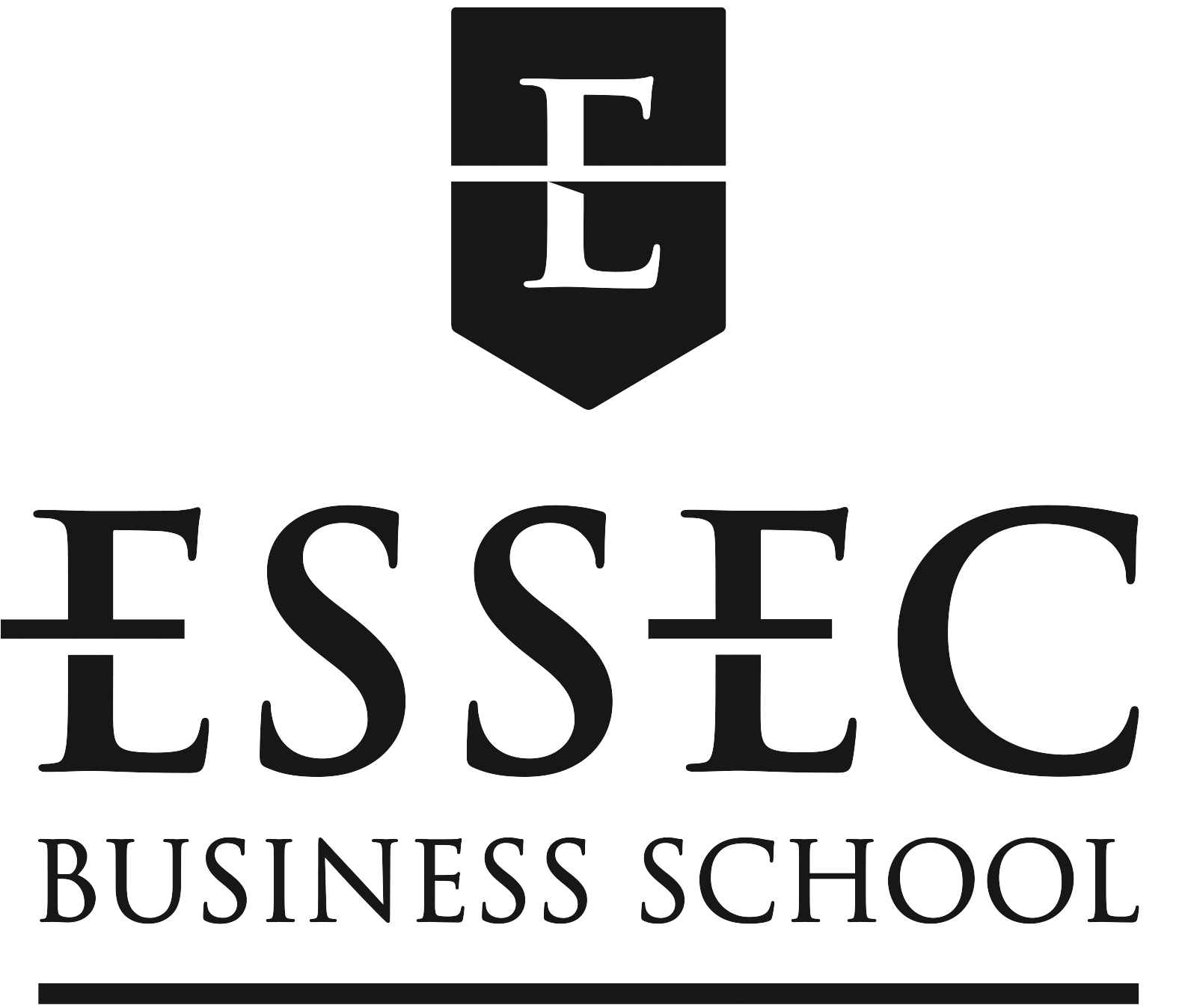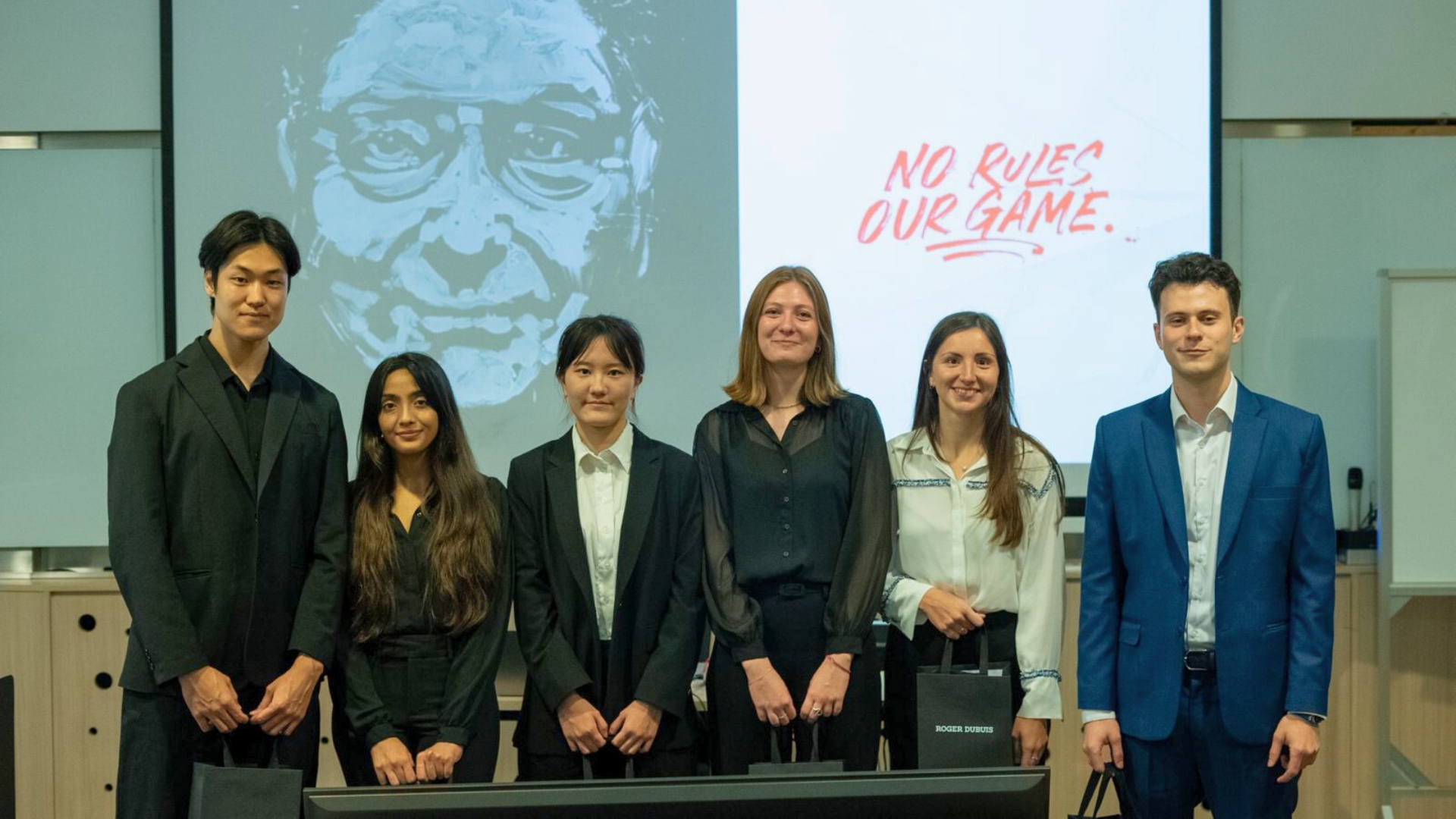When applying for a Master’s program, your acceptance depends not just on grades, work experience, and co-curricular activities but also on your application essay and, in some cases, even an interview. Find out what ESSEC Business School is looking for in each.
When Your Application Is Essay-based
The rule of thumb is that the more well-defined one’s career aspirations are, the better it is. For instance, if you are applying to ESSEC’s MSc in Marketing Management and Digital (MMD) program, don’t stop at generic lines about how digital marketing is a trend.
Ideally, share the kind of projects you have done and how you think the program will enhance your knowledge of digital marketing so that you can get a job in the sector.
The same holds for those hoping to enter the Master of Finance (MiF) program: Be clear about the career role you want, e.g., asset management or private equity. The more detailed, the better.
Fresh graduates need not worry as work experience is not an essential requirement for Master’s programs compared to an MBA or executive MBA program.
What is necessary is that the person is not at ground zero but has a fundamental understanding of the market. For example, in finance, prospects should read up on financial markets, types of funds available, and standard finance terms. It’s this knowledge that makes them stand out.
Also, don’t underestimate the importance of showcasing your personality, especially if you’re applying to a highly technical program like the Master in Data Sciences & Business Analytics (DSBA), where the volume of applicants grows tremendously each year.
Avoid waxing lyrical about your grades because those are apparent from transcripts. Instead, share what you do outside of work or school, and it’s best if your interests align with the topic you’d like to study. Also, share your professional aspirations and how you envision the Master’s program will help you achieve this.
When the Interview Is Mandatory
Interviews are mandatory for those applying to ESSEC’s Master in Management (MiM) program. This is mainly due to the stiff competition, as the program was ranked third worldwide by the Financial Times in 2020.
The other reason is course demographics: the cohort is much larger and internationally very diverse, and candidates are younger with little to no working experience.
An interview is, therefore, essential to help assess how articulate a candidate is and if he or she is a good fit with the program. The program is looking for students who are not just book smart but can also communicate well with classmates worldwide and participate in discussions.
For this to happen, students must have a strong command of the spoken language and the confidence to speak up.
As professional maturity is expected to be lower for these candidates, more emphasis is placed on finding a cultural fit. Share how well-attuned you are with current affairs. Talk about personal projects, entrepreneurial examples, and things that will showcase your personality and strengths.
A good fit would be someone with a global-oriented mindset, the curiosity to explore, the courage to leave comfort zones, and the desire to conquer the world. So, if the MiM is what you are applying for, could you show this?
When the Interview Is a “Maybe”
For ESSEC’s Master in Strategy & Management of International Business (SMIB), the interview is only required if the Academic Director wishes to speak to you in person and get a clearer picture of your career aspirations.
Such alignment to one’s expectations is needed because the SMIB program is highly intensive and ranked first in Asia for return on investment and employability under the QS Masters in Management 2022 ranking.
For example, the shorter duration of the SMIB program makes it ideal for candidates with clear career aspirations and who want a faster return on investment. Those uncertain or at a career exploration stage may be better suited for the MIM.
The fact is this: acceptance into a Master’s program is not a determination of worthiness. Instead, it is a two-way process of finding compatibility. Just as you want a school that can fit your dreams, the school is responsible for ensuring that the program you enter will bring you the career rewards you seek in the future.
RELATED POSTS
Green is the New Gold: Giving SMIB Students An Edge in Sustainable Finance
Sebastian Sohn shares why sustainability matters in the Sustainable Finance course for ESSEC Master in Strategy and Management of International…
Three MiF Curriculum Features that Make the ESSEC Asia-Pacific Campus Stand Out
Student Ambassadors share how the ESSEC Master in Finance at Singapore has prepared them for the world of finance.
Freedom and Practicality Draw Students from Asia to the MiM Program at ESSEC APAC
From diverse backgrounds to common goals, students from ESSEC's Master in Management program are shaping their futures with flexible learning and…
The MMD 2024 Digital Marketing Challenge: A Taste of the Real World
The annual Digital Marketing Challenge is arguably the biggest highlight of the MSc Marketing Management and Digital program. Student Ambassador…
Three Ways ESSEC GBBA Students Can Make the Most of Their Exchange
Student Ambassador Sagarika Majumdar and alumna Manqi Zhao share their tips.
How the ESSEC MMD Program Makes Learning Practical and Relevant
Fresh graduates need help entering the workforce, as they need more experience and have a limited understanding of the industry. ESSEC Master in…







